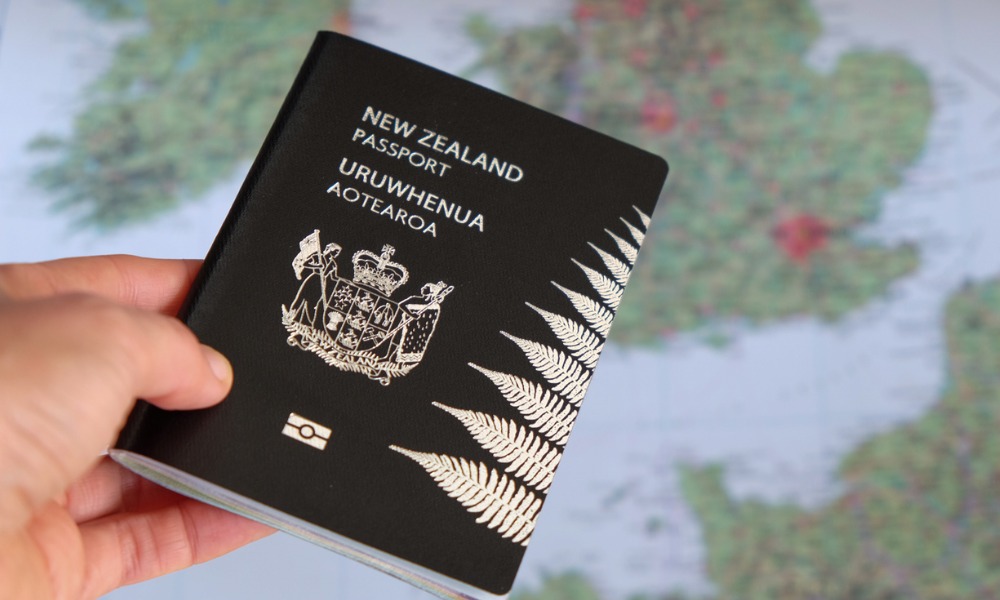
Court said there were no reasonable grounds to believe the appellant intended to facilitate a terrorist act

The Supreme Court has ruled in favour of an appellant whose passport was cancelled by the Minister of Internal Affairs on national security grounds.
The decision overturned the minister's cancellation, which was based on suspicions that the appellant intended to join and support the Islamic State of Iraq and the Levant (ISIL).
In April 2016, Acting Minister of Internal Affairs Judith Collins suspended the appellant’s New Zealand passport for 10 working days. This action was based on Clause 7 of Schedule 2 of the Passports Act 1992, which allows suspension if a security threat report is being prepared and the passport holder is likely to travel before the report is completed. The New Zealand Security Intelligence Service (NZSIS) was preparing a report, which led to the suspension.
On 2 May 2016, the NZSIS presented its report to Minister of Internal Affairs Peter Dunne, recommending the cancellation of the appellant’s passport, alleging intentions to travel to Syria to join ISIL. The minister cancelled the passport the same day. The appellant challenged the suspension and cancellation through judicial review, but the High Court and Court of Appeal dismissed her applications. She subsequently appealed to the Supreme Court.
Throughout the proceedings, classified security information was involved. Special procedures under the Passports Act, including using a special advocate and closed court sessions, were implemented to handle such information. Separate open and closed judgments were published to protect classified details.
The Supreme Court found that the appeal must be allowed. The court highlighted several failures in the original decision-making process. The court concluded that the minister did not have reasonable grounds to believe the appellant intended to facilitate a terrorist act, as required by the Passports Act. The briefing paper provided to the minister did not adequately address the proviso for lawful armed conflict or the exception for protest, advocacy, or dissent under the Terrorism Suppression Act. Additionally, the Minister did not properly consider the appellant's rights under the New Zealand Bill of Rights Act 1990.
Moreover, the briefing paper was not “fair, accurate, and adequate.” It lacked verified information and did not provide a complete picture, compromising the Minister’s decision-making process. The Supreme Court emphasised that the decision-making process must be particularly robust and thorough in cases involving classified information and significant consequences for the individual. This includes ensuring that the information provided to the Minister is comprehensive and verified and that all relevant legal provisions and rights are properly considered.
The Supreme Court declared the minister’s decision to cancel the appellant’s passport unlawful and invalid. Although the appellant sought broader consequential relief, such as rectification of international records, the court only granted the invalidation of the passport cancellation.
The court noted that the notes relating to the cancellation were removed from the domestic record in early 2018. It stated that New Zealand authorities have no control over the records of other countries. Ultimately, the court’s ruling underscored the need for decisions to be grounded in verified and comprehensive information and for all relevant legal provisions to be thoroughly considered.